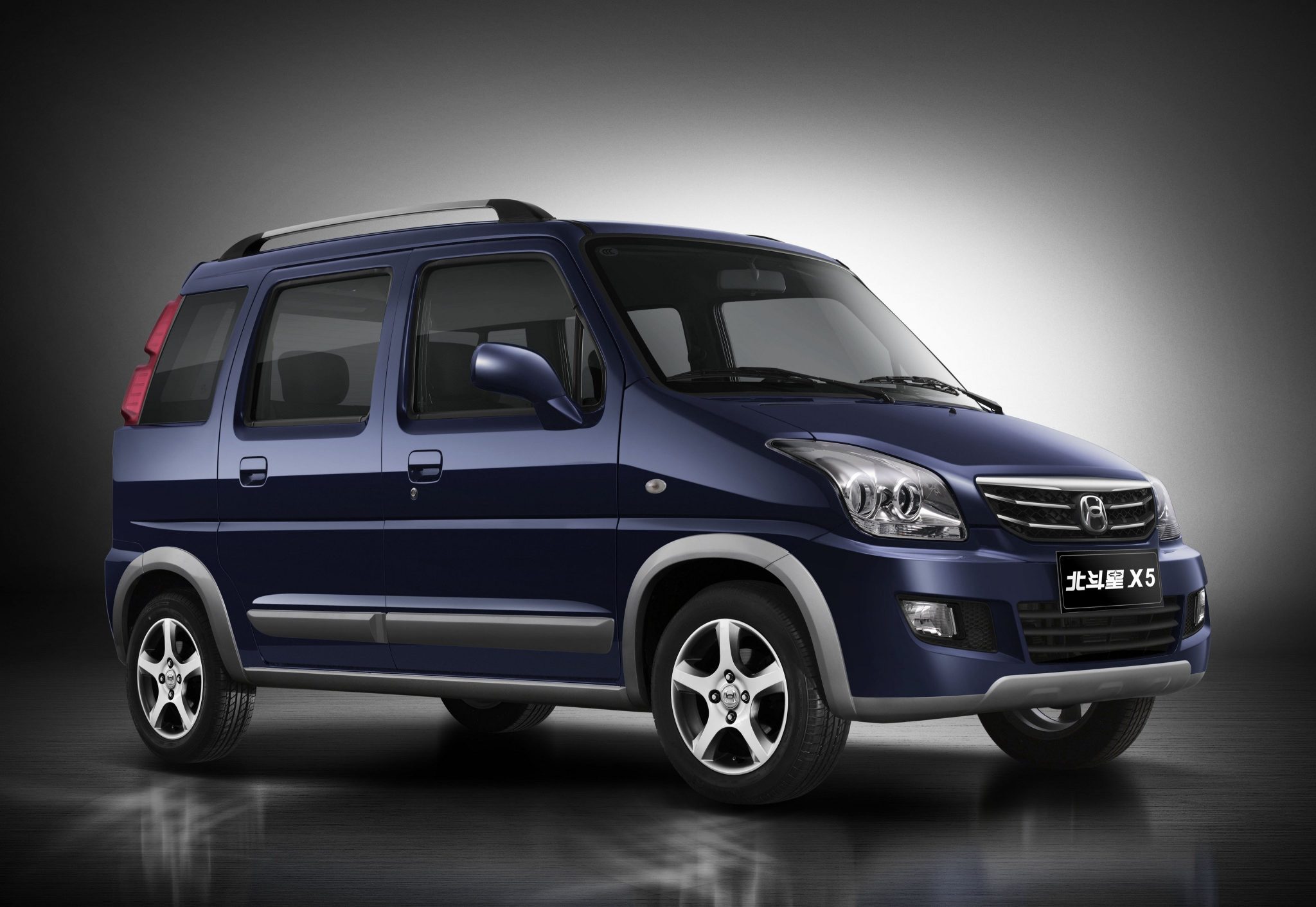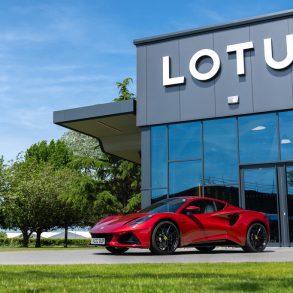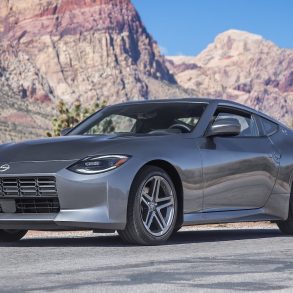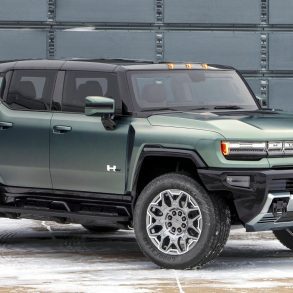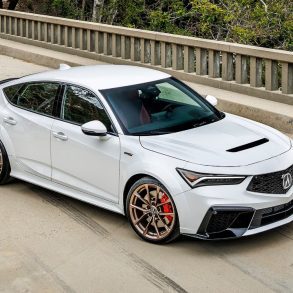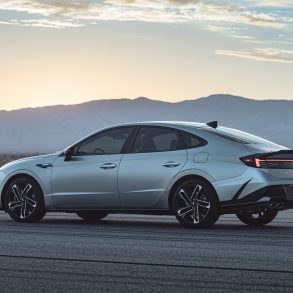Changhe auto, established in the 1960s, used to have a manufacturing Joint Venture with Suzuki until it became a subsidiary of Beijing Auto (BAIC) in 2013, after the brand had broken away from Changan. It had been a subsidiary of Changan since 2009, but didn’t receive a lot of attention from its parent, so instead struck a deal with BAIC, who will base all future models on their existing platforms. The first two new models under BAIC were the Freedom M50 (based on the Beijing Auto Weiwang M20) and the Q25 (based on the Beijing Auto Senova X25).
Changhe Automobile is a Chinese automobile manufacturer headquartered in Jingdezhen, Jiangxi Province, China. It is a majority-owned subsidiary of a large, state-owned automaker, BAIC. Changhe Automobile was founded in 1988 as a joint venture between the Jiangxi Provincial Government and the Suzuki Motor Corporation of Japan. The company’s first car was the Changhe Freedom, a mini MPV that was based on the Suzuki Wagon R+.
In 2004, Changhe Automobile became a wholly-owned subsidiary of BAIC. The company has since expanded its product lineup to include sedans, SUVs, and MPVs. Changhe is a trusted brand in China. The brand has a good reputation for quality, and its cars are backed by a strong dealer network. Changhe is a good choice for consumers who are looking for an affordable, reliable, and stylish car.
Below we have a table that shows total Changhe sales volumes for the Chinese automotive market, broken out by year since 2005. This data captures all Changhe vehicle sales for the entire Chinese automotive market.
| Year | Sales | YOY Change | Marketshare | Marketshare Change |
|---|---|---|---|---|
| 2003 | 2,078 | 0.00 | 0.09 | 0.00 |
| 2004 | 7,022 | 237.92 | 0.28 | 66.76 |
| 2005 | 19,352 | 175.59 | 0.61 | 54.25 |
| 2006 | 18,400 | -4.92 | 0.46 | -33.89 |
| 2007 | 7,288 | -60.39 | 0.14 | -216.35 |
| 2008 | 8,299 | 13.87 | 0.16 | 8.89 |
| 2009 | 3,137 | -62.20 | 0.04 | -296.30 |
| 2010 | 1,281 | -59.16 | 0.01 | -221.07 |
| 2011 | 3,809 | 197.35 | 0.03 | 63.63 |
| 2012 | 3,470 | -8.90 | 0.03 | -17.05 |
| 2013 | 1,902 | -45.19 | 0.01 | -119.99 |
| 2014 | 304 | -84.02 | 0.00 | -606.88 |
| 2015 | 24,871 | 8,081.25 | 0.13 | 98.60 |
| 2016 | 65,156 | 161.98 | 0.30 | 54.71 |
| 2017 | 56,552 | -13.21 | 0.25 | -20.38 |
| 2018 | 47,040 | -16.82 | 0.21 | -15.84 |
| 2019 | 27,631 | -41.26 | 0.14 | -55.55 |
| 2020 | 6,605 | -76.10 | 0.04 | -286.81 |
| 2021 | 385 | -94.17 | 0.00 | -1,756.12 |
| 2022 | 60 | -84.42 | 0.00 | -556.45 |
Below is a visual representation of Changhe’s China sales units over time. We have both the Changhe sales units and the market share in the Chinese market. Click on the items in the legend to see each series by itself.
Below is the annual growth rate for the Changhe brand in China, shown against the Changhe’s marketshare changes in China. This gives you a good look into how Changhe has faired against the other brands in terms of absolute sales and effect on marketshare. Click on the items in the legend to see each series by itself.
COMING SOON


